Die Welle (The Wave)(2008)
In an attempt to instruct his students about the dangers of fascism and autocracy, a German high-school teacher stages a bold experiment.
Certificate
Age group15+ years
Duration105 mins

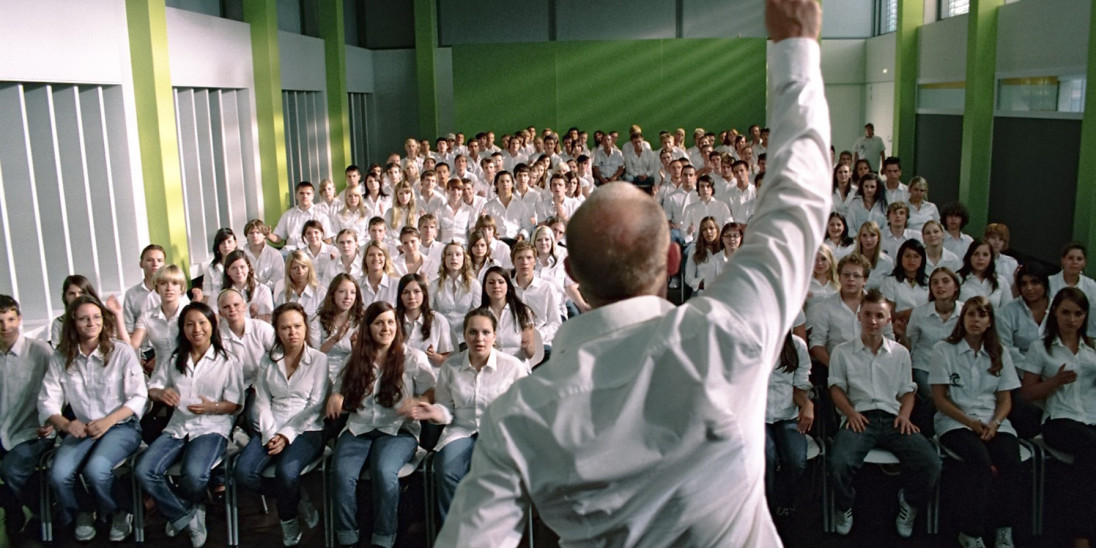
In The Wave, producer Christian Becker and director Dennis Gansel dramatise a real life sociological experiment conducted by school teacher Ron Jones - one that demonstrates how anyone can be affected by fascism, no matter how supportive they are of democracy. From the outset, the film appears to make an audacious statement with its entirely German cast and setting, but beyond the language spoken, the factor of nationality becomes inconsequential, perhaps serving as a reminder to the generations that this experiment could have been conducted in any classroom, any school. The original test was carried out in America, after all. The film tracks a week in the lives of a secondary school class, who are studying for a voluntary research project on autocracy. The movement they create, later dubbed as The Wave and headed by their class tutor, starts out as a few seemingly harmless exercises so that the students can experience a stricter regime than they are familiar with. Despite the audience’s awareness of how susceptible the characters are to this change, they are captivated in a similar way to them as the film progresses. I feel this is one of the major pros of The Wave - the viewer can either feel vigorously supportive or disapproving of the students’ movement, or even take a stance in the middleground. Gensel offers multiple perspectives on the concept, presenting not just the well-known negatives of fascism but also some of the positive impacts, as more than one student improves either their behaviour or their academic grades as a result of the movement. Even though a kind of grim foreboding overcasts the weeklong experiment, I found it difficult not to hope that its outcome would resolve well for the main protagonists, as naive as that might sound. Almost as soon as the opening titles have faded, the audience is put on a suspicious edge, curious as to how far The Wave will actually go. Glimpses into the back stories of the main protagonists inspire a sympathy for them, and a resentment for the radical individuals who continuously put the regime they have placed so much faith in at risk. Even this, I believe, is another statement made by Gansel and Becker - any quasi-fascist movement is bound to attract a certain variety of extremist. No matter how benevolent it starts out, there will always be those who take advantage of it. When reading up about Jones's original test and its results, I found it hard to imagine how anything could be so convincing in such a short space of time. On viewing The Wave, however, the initially inexplicable concept became a lot more tangible. What those students must have felt in that week, the audience comes to understand in less than two hours. In effect, the realism presented in this film is remarkable, as the viewer is swept along with the dynamic events and plot shifts. There are no groundbreaking special effects in this film, no innovative cinematography, but what it does possess is a stark and penetrating rawness that stems from both plot and characters. Its profound meaning is something that will stick with me in my memory for a long time, and I believe that was the intention behind this work - to present its viewers with a social message that they can't escape from in a hurry.
Print this review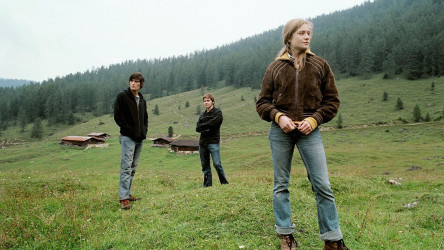
Three radical friends subvert the ruling classes by rearranging their mansions, but one such trip goes critically wrong, as friends and enemies bond.
Certificate
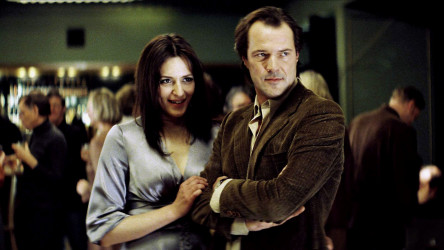
Highly-acclaimed Oscar-winning drama about corruption and surveillance in Communist East Germany.
Certificate
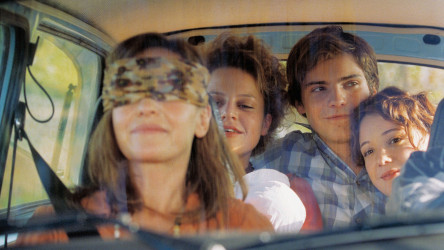
Enjoyable German comedy about a family's elaborate schemes to keep the fall of the Berlin Wall from their ill mother.
Certificate
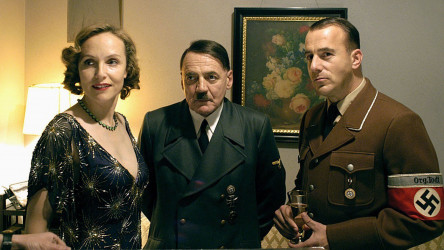
The last days of WWII inside Hitler's bunker as the Fuhrer loses grip on reality and the Soviets approach, as told by his secretary.
Certificate